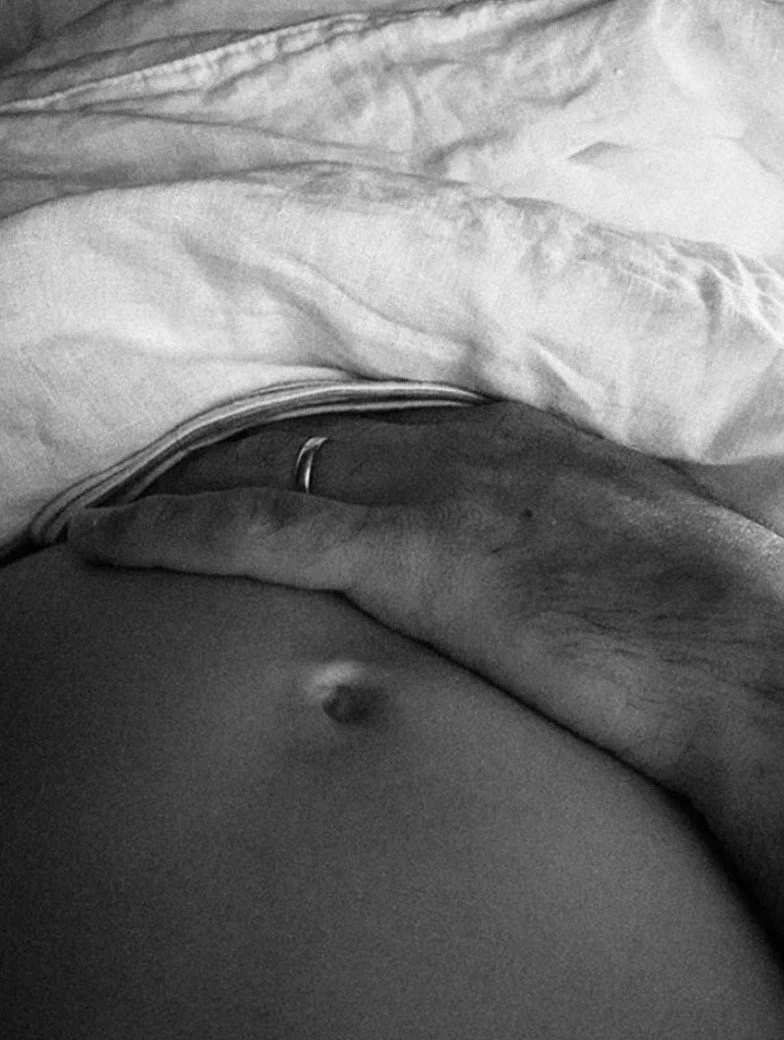-
Optimize nutrition for both partners
Support your unique cycle
Incorporate lifestyle practices for fertility
Address emotional and spiritual blockages
Women’s Monthly Cycle:
A woman's menstrual cycle is approximately 28 days long and consists of different phases, each impacting her body and emotions in unique ways. These phases—menstrual, follicular, ovulation, and luteal—bring about changes in hormones, energy levels, and moods. This cyclical pattern means that a woman’s needs for nutrition, rest, and exercise may vary throughout the month.
Men’s Daily Cycle:
In contrast, men follow a daily hormonal rhythm, often referred to as the circadian rhythm, with testosterone levels peaking in the morning and gradually decreasing throughout the day. This means men’s energy, mental clarity, and physical performance tend to be higher earlier in the day and more stable in the long term. They don’t experience the same kind of hormonal fluctuations that women do across a monthly cycle.


